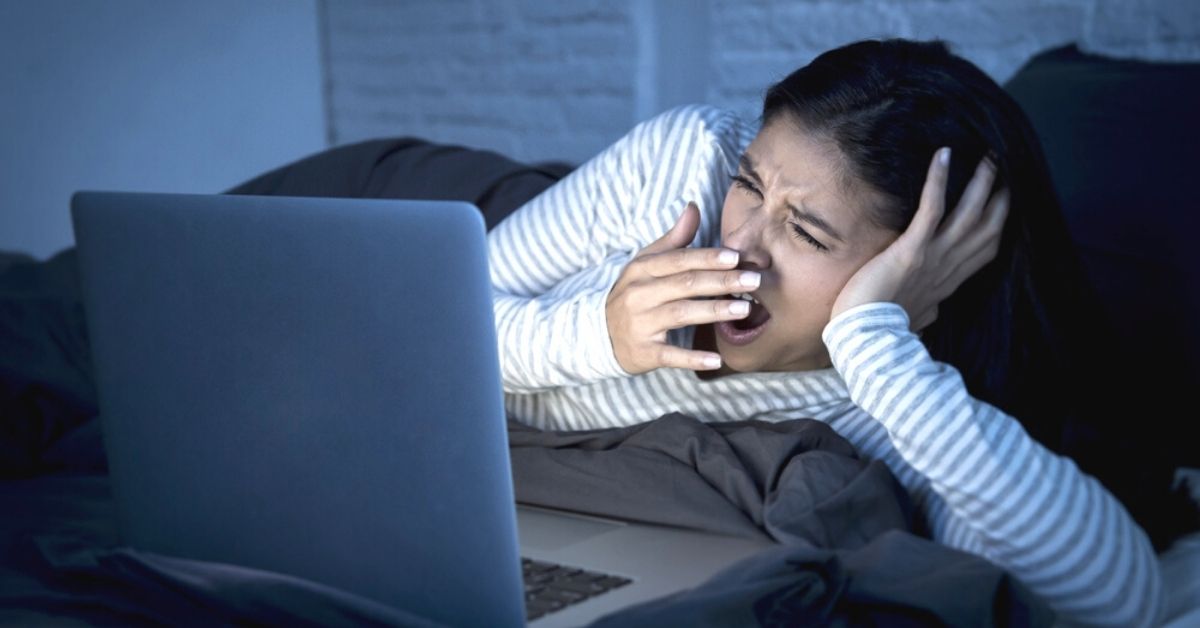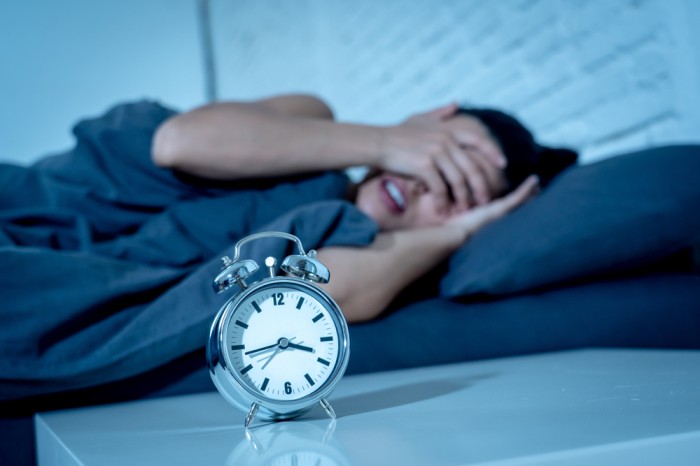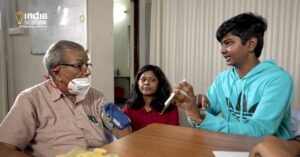Work-From-Home Giving You Sleepless Nights? Here’s How to Get the Rest you Need
Cases of sleep deprivation and acute insomnia have considerably increased in the past few weeks, especially after the implementation of work-from-home policies by most companies.

This article has been sponsored by Wakefit.co
From getting up in the morning to going to bed at night, our world has changed dramatically in the past six months. The pandemic has pushed people indoors, away from public spaces and has limited human interaction. This has caused massive internal upheaval with various psychological and emotional consequences.
One manifestation of this disruption is the increasing incidence of Sleep-Related Disorders (SRDs).
In 2020, Wakefit.co conducted its third edition of the Great Indian Sleep Scorecard (GISS), which aims to understand sleep patterns and behavioural changes among Indians. According to the study, which received 50,000 responses this year, a total of 64% of people go to bed after 11 pm. The percentage of late sleepers (who go to bed after 1 am), has increased by 57% since last year.
43% of the 50,000 respondents in the survey said that they wake up with back pain and therefore, end up feeling sleep deprived and exhausted the whole day. These findings point to an alarming trend of sleep-related lifestyle disorders among a majority of people across the country.
45-year-old Praveen Kumar, an IT professional who returned to India after many years of work abroad, also confirms this from personal experience. After several years abroad, when Praveen finally returned to India, all he wanted was a peaceful and wholesome life. Good health was imperative for that goal, and constant sleep deprivation a massive roadblock.

“After a hectic day’s work at the office, all I wanted and looked forward to when I got back home was falling asleep as soon as I hit the bed. Unfortunately, that proved to be elusive,” he says.
Owing to this lack of sleep, Praveen would wake up with shoulder and back pain almost every single day, which adversely affected the day’s productivity.
Praveen was not alone in this fight against sleeplessness. A 2019 study by the South East Asian Academy of Sleep Medicine (SEAASM) and Getwell Hospital in Nagpur, points out that India, with an average of 6.55 sleeping hours a day, stands second to last in the global list of countries accounting for the average sleeping hours a day.
We also spoke to Dr Manvir Bhatia, a nationally-renowned Delhi-based sleep specialist with over 30 years of experience, about the situation. As she confirms, cases of sleep deprivation and acute insomnia have considerably increased in the past few weeks, especially after the implementation of work-from-home policies by most companies.
“Most of my patients now complain about the monotony of work, a lack of motivation and reduced productivity in the current scenario. After a full day of work, the brain is tired, but the body isn’t. That hinders a good night’s sleep. They either sleep very late or not at all due to these issues, and then the next day is spoiled again. It is a vicious cycle,” she says.
The effects of sleep deprivation of one’s health include reduced metabolism, mood swings, immunity, etc., and also extend to serious ailments like diabetes, high blood pressure and obesity.
“The work-from-home situation during the lockdown is very different from the one we have experienced before. Before this, there used to be more human interaction and the freedom to travel. Now, most people are either home quarantined or have limited access to public places,” adds Dr Bhatia.
How to combat sleeplessness?

She advises setting a strict routine as a way to overcome this challenge. Fixed timings for chores, work, exercise and other activities must join an ample intake of daylight and nutritious food, along with a reduction of alcohol, caffeine and screen-time.
But, as she points out, an important step to resolve a lack of sleep is to check one’s sleeping environment and condition. And, a good quality mattress plays a huge role in that.
“People need to make sure that their sleeping environment is calm and comfortable and that the mattress they sleep on is soft enough and not with lumps. An unclean or lumpy mattress can also be the cause of lack of sleep and can affect one’s body posture as well,” Dr Bhatia says.
Mending one’s health through a good night’s sleep

As many in India face the same predicament as Praveen, regulating the sleep environment becomes the need of the hour. Luckily there are ways to address this. Speaking to Praveen, he confirms that much changed after he changed his mattress, which he got from Bengaluru-based sleep and home solutions startup Wakefit.co.
It usually takes a human body about 14 days to adjust to a new mattress. However, Praveen says, “I had the best sleep on the very first day of sleeping on the mattress. I fell asleep as soon as I hit the bed, and this is the first time I had such a good sleep ever since my return to India. A few days later, my back and shoulder pain seemed to have vanished and my sleep quality radically improved.”
According to Wakefit.co, their Orthopedic Mattresses constitute a memory foam layer, which distributes pressure points across the body, thus improving blood circulation and thereby, relieving stress. The company also claims that the mattress allows for optimal spinal alignment, which helps in easing back and body pain.
Choosing the right mattress is one of the easiest solutions to a rejuvenating night’s sleep and is an excellent first step towards improved sleep health.
If you are looking to improve your quality of life through a good night’s sleep, and are searching for the right mattress to fit your needs, you can check out Wakefit.co’s products on their website or on popular online marketplaces.
For more severe issues amounting to acute insomnia and other Sleep-Related Disorders (SRDs), however, it is always advisable to consult a professional expert.
(Edited by Vinayak Hegde)
This story made me
- 97
- 121
- 89
- 167
Tell Us More
We bring stories straight from the heart of India, to inspire millions and create a wave of impact. Our positive movement is growing bigger everyday, and we would love for you to join it.
Please contribute whatever you can, every little penny helps our team in bringing you more stories that support dreams and spread hope.



















